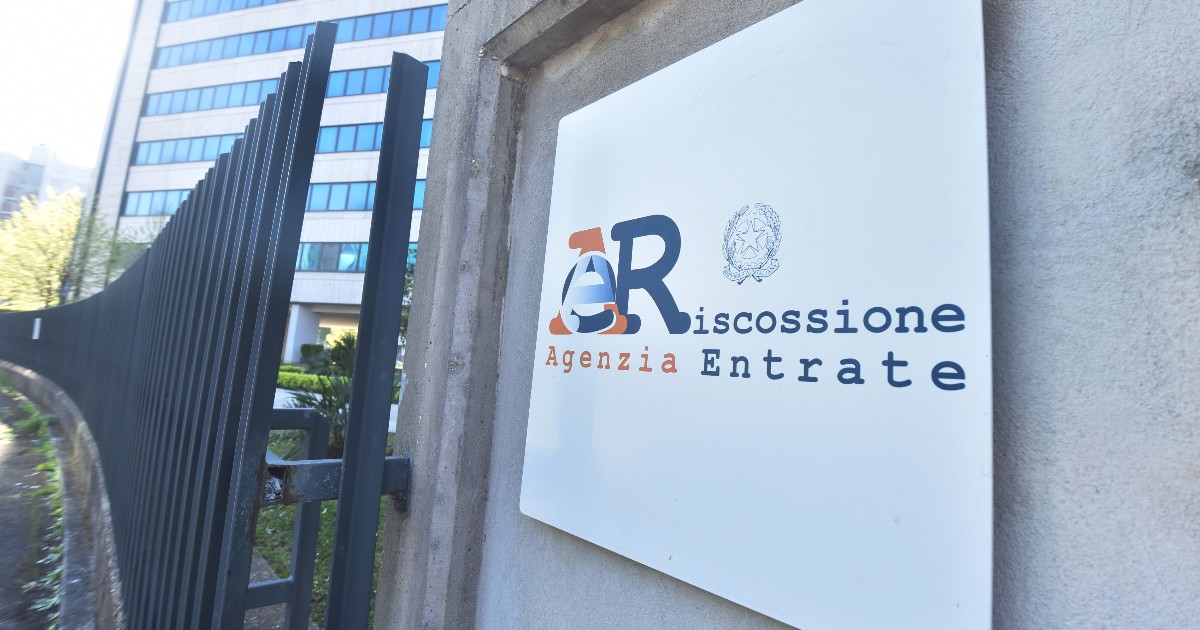Italy is the first country in the European Union for uncollected VAT (in absolute values). In 2020, a year marked by the slowdown in production activity linked to the pandemic, the gap between the amount actually collected by the State and the expected revenue from the tax was 26.2 billion (20.8% of the total). They follow the France with 14 billion in absolute value (8%), and the Germany with 11.1 billion, equal to 4.8%. In percentage terms, Italy is preceded by Malta (24.1%) and by Romania (35.7%). This is what emerges from VAT report published today by the European Commission. In 2019, the difference between the VAT collected and the VAT expected in Italy was 31.08 billion (in absolute terms the highest value) equal to 21.8%.
Treasury experts recently delivered a report which shows how the introduction of the fixed fee for VAT numbers (which the government will now raise to 85 thousand euros) has further increased tax evasion. Self-employed workers and small traders in particular, they have deprived the community of 70% of what they would have had to pay in taxes. The VAT collection is worth approx 110 billion euros the year.
The initiative of the EU Commission which throws the electronic billing for companies operating beyond the borders of European countries. The new reporting system introduces the digital communication in real time for the purposes ofVAT to intensify the fight against fraud, especially those so-called “carousel“. The transition to electronic invoicing, according to EU estimates, will contribute to reduce VAT fraud as far as 11 billion euros a year and reduce administrative and compliance costs for European businesses over 4.1 billion euros per year over the next ten years.
“We are working a little on the Italian budget law, we will adopt an opinion next week. Our principles” seem obvious to me, just read the Pnrr or the EU recommendations to know that for us it is the electronic invoicing that the fight against evasion are big priorities.” The EU Commissioner for Economic Affairs said so Paul Gentiloni today at the press conference. “Electronic invoicing is an ongoing process in several individual countries, including Italy. Between now and 2028 it will be necessary to work to harmonize the internal systems with the cross-border system and it will certainly be necessary to continue in the direction of continuing and increasing electronic invoicing in individual countries. The differences in the VAT gap between Member States are considerable“, added Gentiloni.
In 2020, according to EU government estimates, EU countries lost 93 billion euros of VAT revenue, a quarter of which can be directly attributed to fraud. “These losses are clearly harmful to public finances”, highlights Brussels, indicating that the actions proposed today, such as electronic invoicing, “will help Member States to collect up to 18 billion more of VAT revenue per year”. “E-invoicing is an ongoing process in several individual countries, including Italy – says the European Commissioner for the Economy Paul Gentiloni – Between now and 2028 it will be necessary to work to harmonize the internal systems with the cross-border one and certainly it will be necessary to continue in the direction of continuing and increasing electronic invoicing in the individual countries. The differences in the VAT gap between the Member States are significant”. The commissioner underlines that “in difficult economic times like these, public finances need to solid tax revenue to support both ours public services both the mountain of investments for the green transition And digital and the safety energy. At the same time, citizens ask tax fairness and strong action against fraud and tax evasion“.
Among the new features, the VAT rules for the online platforms from passenger transport and you short-term accommodationthat they will be responsible for collecting and remitting VAT when service providers do not, for example because they are a small business or an individual. Also planned is the introduction of a single registration portal across the EU, which could save businesses, especially PMIaround €8.7 billion in registration and administrative costs over ten years.


